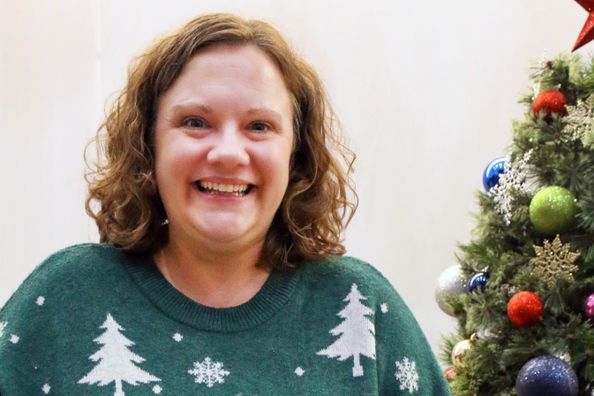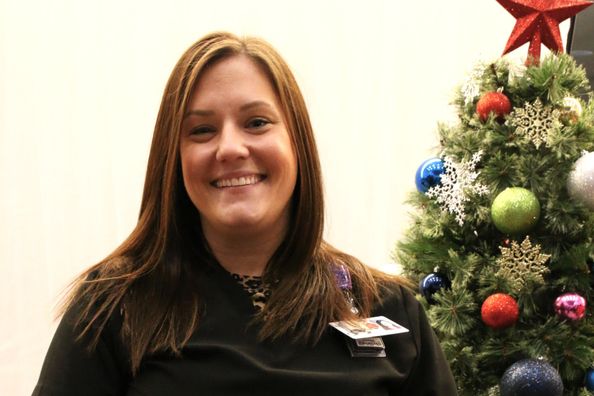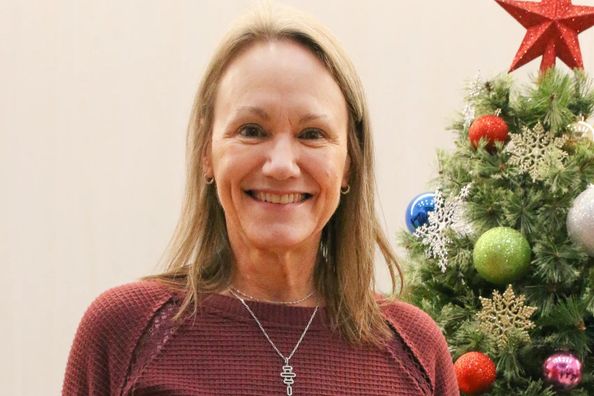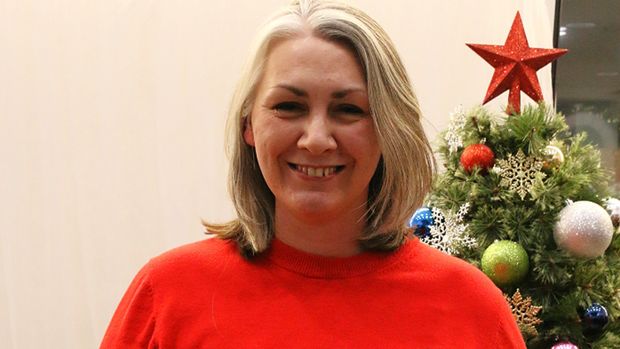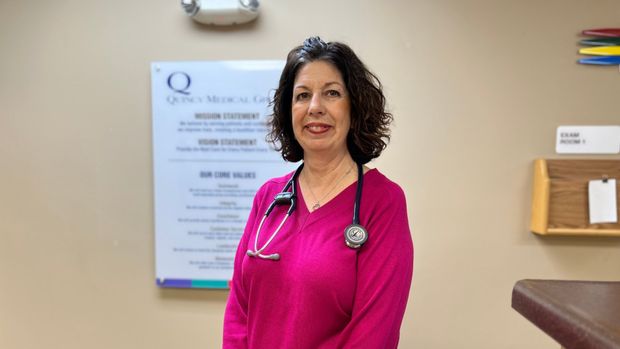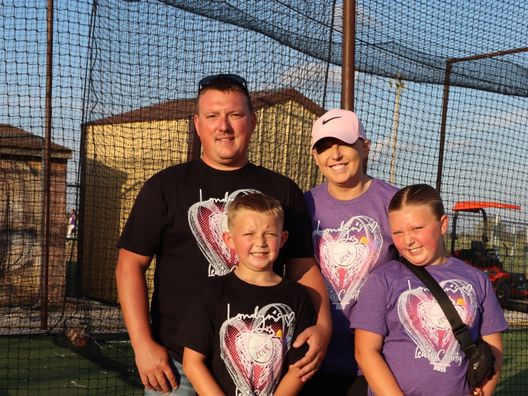Quincy resident and telecommunications expert Keith Dunford’s recent Telehealth, or virtual, visit with his physician was a great experience for him. With close to 60 years in the communications and media business, Dunford’s expertise sheds light on the roots of using telecommunications to deliver services.

When Keith Dunford reached out to Quincy Medical Group to praise our organization’s Telehealth option for a routine visit with his primary care provider Dr. Dana Altman, we were particularly intrigued. Dunford, 82, is retired from more than 40 years of working internationally in the high-tech business, including at Harris Broadcast (now known as GatesAir) in Quincy. He has a long and storied background in media and telecommunications and, among other locations, has worked in Nigeria, Ethiopia, Sierra Leone, Abu Dhabi, Iran, and South Africa. He began his career right out of college in the United Kingdom at the independent TV network, Granada (now ITV). There, he worked on a wide range of TV productions, including the first live TV appearance of The Beatles in late 1962.
While working in Africa, Dunford became very involved with how satellite communications could help broadcasters send messages across the globe; he played a part that helped CNN and other news networks get established. Through this work, he also played an integral role in helping residents in remote African villages get access to services like education and healthcare — made possible by advances in telecommunications.
Back then, the expertise required to set up such systems was daunting, as was the cost to deliver the services through the then-existing telecommunication mechanisms. But it’s a much different story today, and Dunford was thrilled about the ease of using QMG’s Internet-based Telehealth, or virtual visit, option.
“It worked right off the bat. Bing, bing, and bing, and I was talking to Dr. Altman,” he explained. “I used my Samsung 10 smart phone. Before the appointment, she sent a link in a text message that said ‘This is Dr. Altman’s office. Please join me for a consultation.’ And then you click on the link, it immediately takes you to the question, ‘Is this you?,’ then you key your name in, hit the go button, and right away it says, ‘connecting.’ Then up comes Dr. Altman’s voice and image.’ Brilliant! It’s really simple.”
Dunford — who remotely produces radio programs for the blind and visually impaired for a Chicago-based radio station and keeps a very busy schedule — noted Telehealth was beneficial for him in other ways. It saved him time (“taking a shower, getting ready, and driving to the appointment and back home would have been about a couple of hours alone,” he pointed out). He said he felt safer, too, because he could get the care he needed from his home.
“One the major pros of it is not going out in bad weather. Here in the Midwest, in the cold weather especially, it’s a risk factor. I’m pretty healthy and pretty agile, but I think of the older population. (As my mum used to say, ‘Look at that poor old person.’ And I would say, ‘That old person is younger than you are!’),” he quipped. “And right now, of course, in the pandemic, it’s safer for both the patient and the medical profession. It adds another layer of safety for them and for the patient.”
Dunford said Dr. Altman has been his PCP for about 10 years, and he has always appreciated her care and the time she takes with him.
“She has gotten used to me,” he laughed. “She’s brilliant, absolutely brilliant.”
Calling Quincy Home
Dunford, born in the U.K., landed in Quincy in 1976 — after many years of working across the globe.

“Before coming here, we were in Swaziland, South Africa, and I was a consultant for a developing television network there, and I was running a radio station. Our plan was we were going to move to Australia, and we had the papers. I had a job there at a TV station.”
But his family’s plans clearly changed. It all started when equipment at the radio station he was running began to experience some technical issues.
“We had some equipment from Harris Broadcast in Quincy, and it wasn’t working. I managed to get it working, so they sent someone from Quincy to visit with me,” he explained.
Shortly after that, Dunford received an invitation to come to Quincy to visit with executives at Harris Broadcast.
“I flew all the way from Johannesburg to London, London to Chicago, and from Chicago to Quincy. Back then, they had the Ozark Airlines Jet that arrived in Quincy at around 10:30 at night. I got off the airplane, staggered tiredly into the beautiful airport we have here, and there was a party going on! There was a band playing, people were dancing, and I thought to myself ‘Wow, this is my kind of town!’”
After a three-day visit in Quincy, then a trip back to South Africa, Dunford told his wife if Harris Broadcast were to offer him a job, he would take it.
“At that time, we were on contract most of the time, so it was two years here, four years there,” he said. “That was no big deal. I thought, ‘Well four years there will be okay.’ Well, that was more than 40 years ago.”
He and his family have maintained a residence in Quincy ever since. While he has traveled to work on contract in other locations across the U.S., he always comes back home.
“The people are amazing here. I just fell in love with the place,” Dunford explained. “Since we came here in 1976 — and even though we’ve lived in New York, Chicago, Portland, San Jose, San Diego, and Washington, D.C., during that period — we’ve always come back here. I absolutely love it. I am so fortunate to finish up here. Many in Quincy may not appreciate what they have. It is unique.”
Health Topics:


